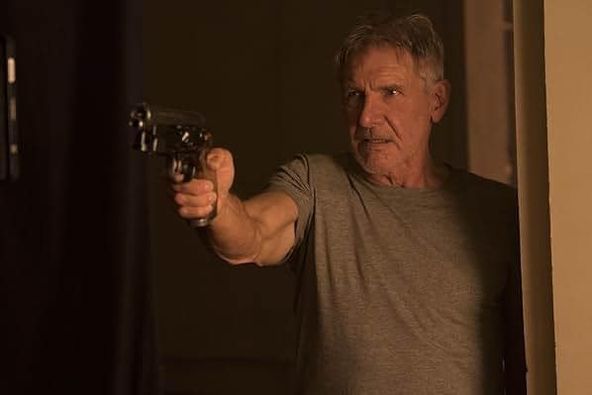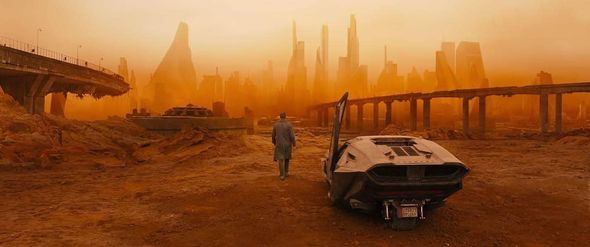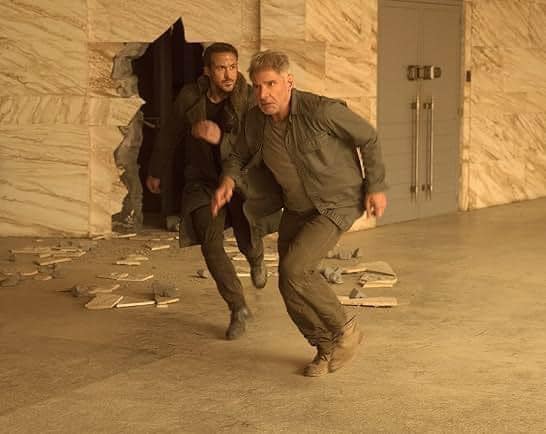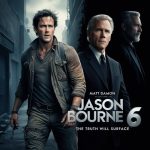Blade Runner 2049 (2017)🔥🔥

“Blade Runner 2049,” directed by Denis Villeneuve and written by Hampton Fancher and Michael Green, is a 2017 science fiction film that serves as a sequel to Ridley Scott’s 1982 film “Blade Runner.” The story is based on Philip K. Dick’s novel “Do Androids Dream of Electric Sheep?” and features Ryan Gosling as K, a replicant “blade runner” tasked with hunting down rogue replicants. Harrison Ford reprises his role as Rick Deckard, alongside Ana de Armas, Sylvia Hoeks, Robin Wright, Mackenzie Davis, Dave Bautista, and Jared Leto. Set three decades after the original film, “Blade Runner 2049” follows K as he uncovers a buried secret that threatens to disrupt society’s fragile balance.


He discovers evidence suggesting that replicants can reproduce biologically, a revelation with profound implications for human-replicant relations. K’s investigation leads him to seek out Rick Deckard, a former blade runner who has been missing for years. The film explores themes of identity, memory, and the essence of humanity. It delves into the complex dynamics between creator and creation, the nature of consciousness, and the quest for autonomy and individuality in a dystopian future. The movie’s visuals are breathtaking, enhanced by Roger Deakins’ Academy Award-winning cinematography, and complemented by a moody and atmospheric score composed by Hans Zimmer and Benjamin Wallfisch. “Blade Runner 2049” received widespread critical acclaim for its direction, performances, visual effects, production design, and cinematography. While it didn’t achieve blockbuster status at the box office, the film has garnered a dedicated following and is regarded as a significant contribution to the science fiction genre. Its nuanced storytelling and visual sophistication establish it as a worthy successor to the original “Blade Runner,” expanding upon its themes and expanding the universe. 












